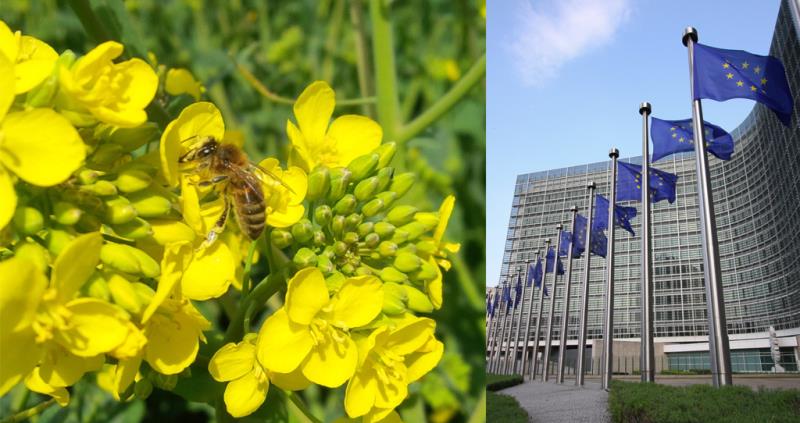Since the ruling, there has been a flurry of activity with environmental NGOs calling for the end of all emergency authorisations of plant protection products. On the other hand, industry maintains that the ruling relates specifically to the practice of seed coating. The situation is too complex to be clear-cut for both policymakers and stakeholders.
A Commission spokesperson stated that the EU executive is “currently further analysing the judgement”, stressing that, as any preliminary ruling, the court judgement is an “interpretation of EU law”.
There is also contention over whether treated seeds can be produced on EU soil and then exported to third countries. On this point, the Commission spokesperson remained vague, reiterating that the court ruled that it is “not allowed to place on the market the pesticides for a use which has been explicitly prohibited”.
Uncertainty remains over how the Member States that had already received a derogation for 2023 will proceed. These countries include Czech Republic, Spain, Croatia, Hungary, Lithuania, Romania, Slovakia and Finland. “Member states have to interpret the EU rules in line with the court’s judgement,” the spokesperson said, adding that the EU executive is currently evaluating its consequences on how emergency authorisations should be granted, including those already granted and with regard to non-neonicotinoid pesticides.
Following the ruling, the French Agriculture Minister confirmed that sugar beet farmers will not be granted a derogation allowing use of seeds coated with neonicotinoid pesticides. Marc Fesneau announced that he would not submit a request to the special supervisory board for a third year of derogation from the neonicotinoid ban. The Minister instead announced that a fund would be set up to compensate farmers impacted by the virus yellows. He also called on the EU to ban imports from third countries of sugar and sugar-derived products produced with the use of the banned neonics.
